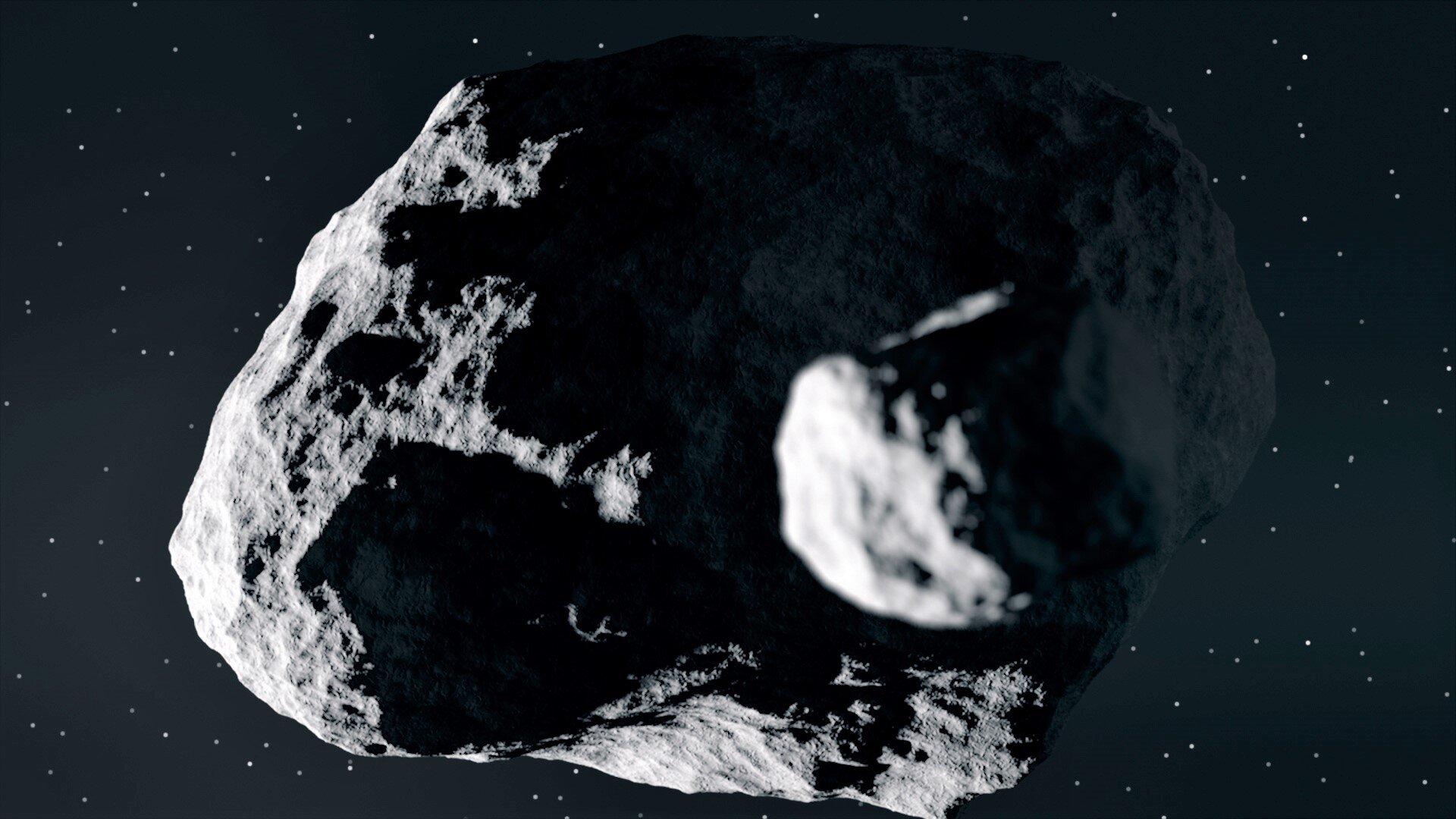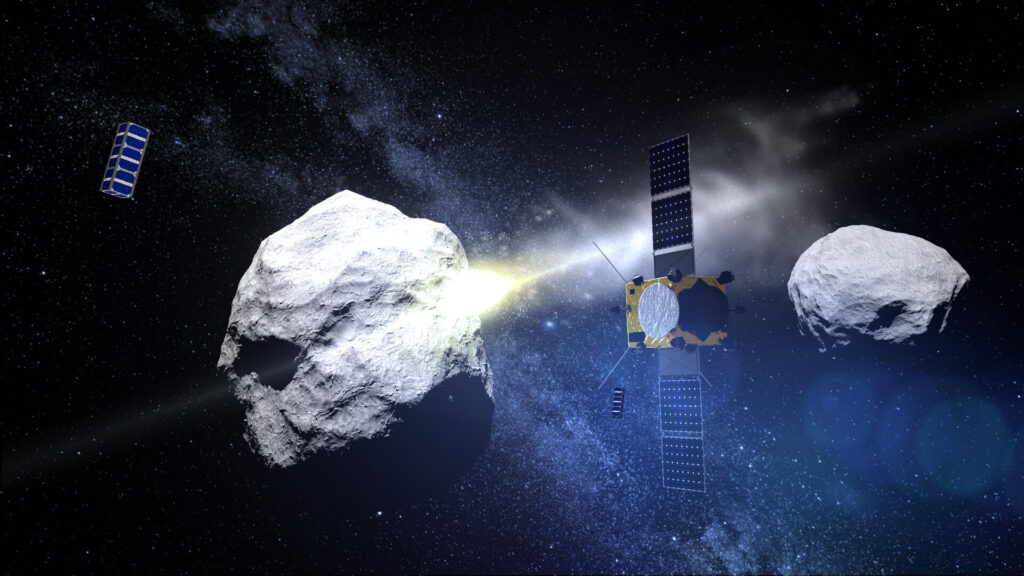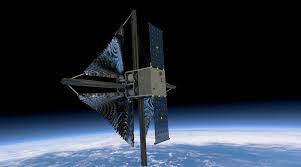A New NASA Rocket Launch Plan Is Underway To Prevent Devastating Asteroids From Hitting the Earth
30th Oct 2021
Recently a new NASA asteroid mission has been busy in the works. NASA reported that it wants to deflect possible asteroids out in space using a rocket launch. Curious? Let’s find out more.
DART rocket launch mission
The mission, known as the DART mission (Double Asteroid Redirection Test) will send a pair of spacecraft to deal with asteroids, known as the Didymos binary. It will derail the asteroid duo, known as Didymoon, from a possible collision with earth. This NASA asteroid mission will change this asteroid’s speed by a fraction of a percent, enough to avoid any catastrophes. The DART rocket launch project will be the first demo of a technique known as kinetic impaction, sending high-speed vehicles into the asteroid’s path to change its motion.
What do we know about Didymoon asteroid?
This asteroid is a remarkable 160 metres wide and is the moon to a larger rock called Didymos that is around 780 metres wide. Attention was drawn to it when in 2003 Didymoon came relatively close to the earth, within 3 million miles or so. It’s good that NASA is doing their bit to help humanity with this rocket launch and is testing new ways of dealing with theoretically possible space disasters.

NASA’s asteroid defence strategy
This particular NASA asteroid mission and DART are just the tips of the iceberg when it comes to NASA’s defence strategy against asteroids. The organisation has been collaborating with the European Space Agency to protect the world from all kinds of possible existential risks. While DART isn’t the final answer, this rocket launch is the first important step towards defending the earth from unwanted and potentially life-threatening consequences.






Thank you for your comment! It will be visible on the site after moderation.